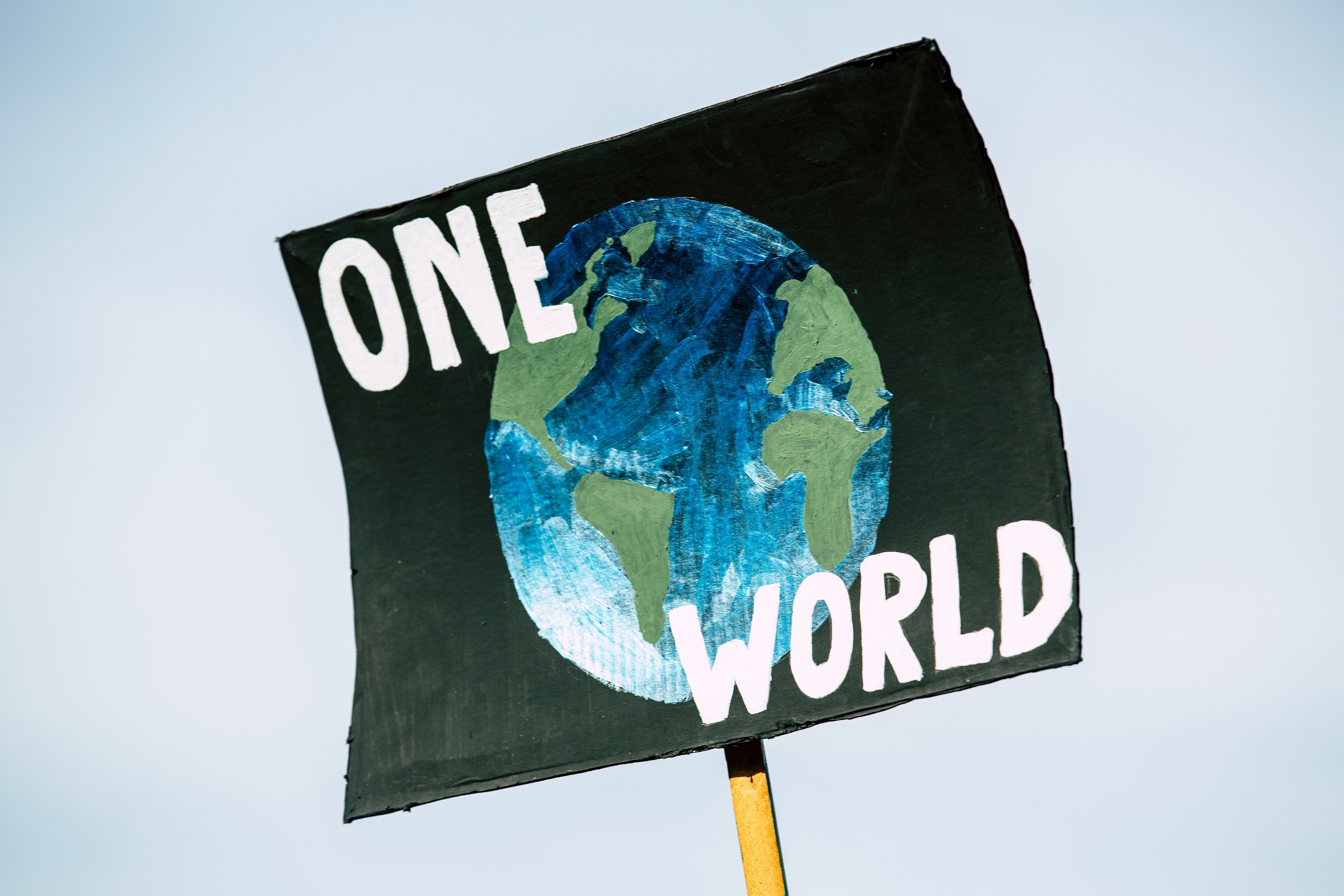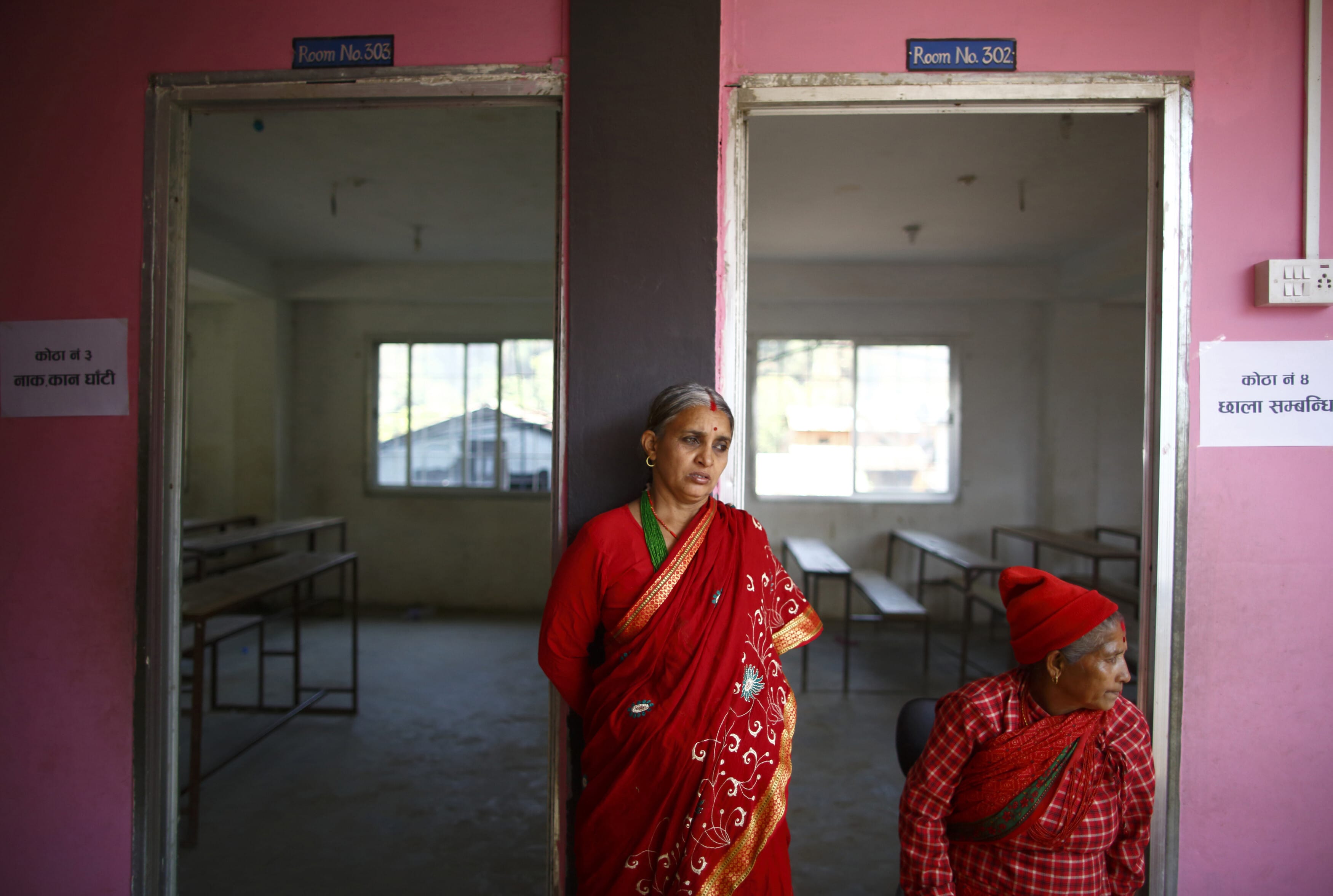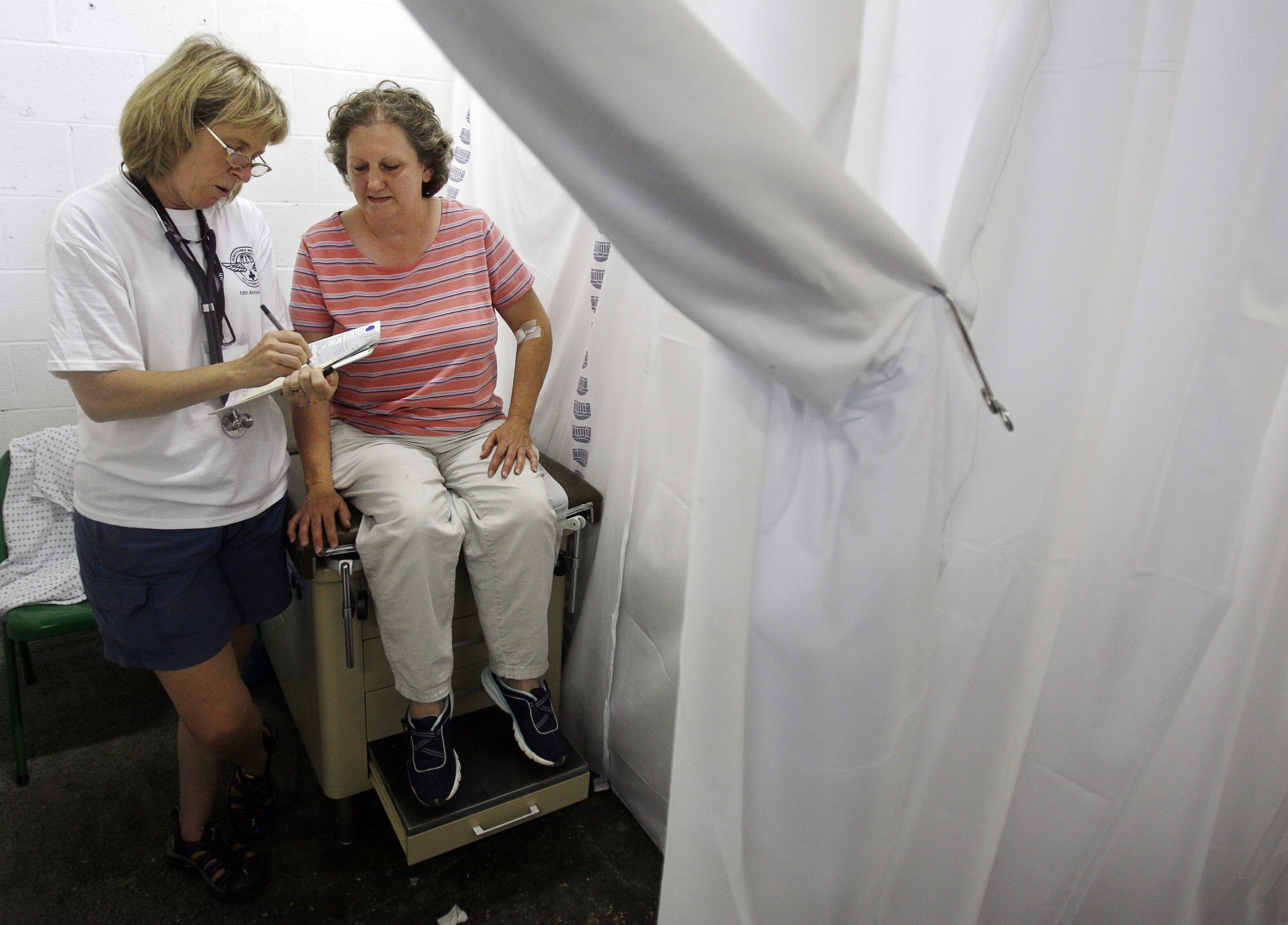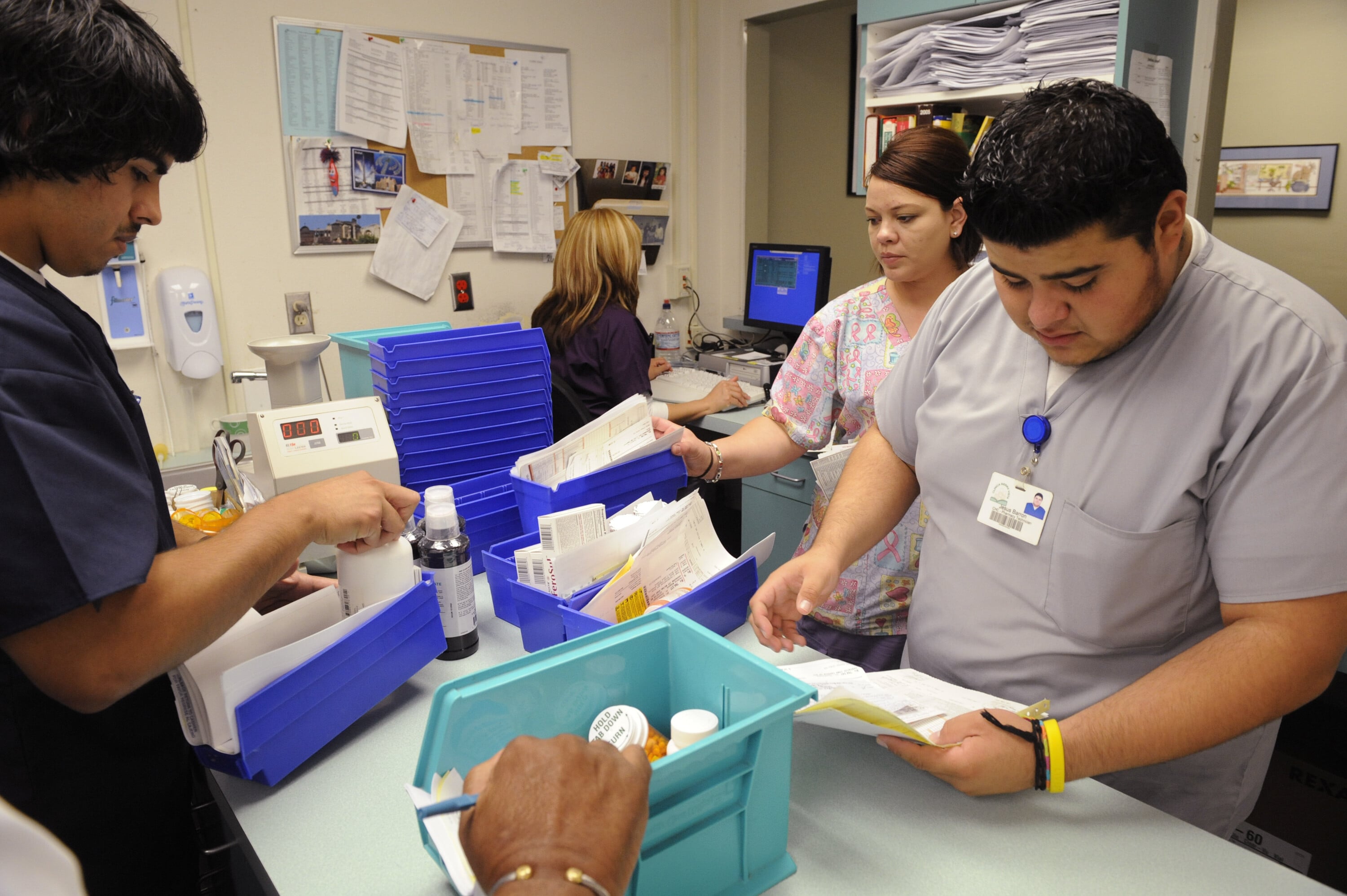These are the US states where cannabis is legal

These are the states in America that have legalised marijuana for recreational and health purposes.
Image: REUTERS/Anthony Bolante
Stay up to date:
Retail, Consumer Goods and Lifestyle
The United States is gradually becoming the land of the red, white, and green.
Starting January 1, it is legal to smoke marijuana without a doctor's letter in nine states and use medical marijuana in 29 states. Support for the drug reached new highs in 2017. A Gallup poll showed that 64% of Americans favor legalization, and even a majority of Republicans back it.
The booming industry was expected to post nearly $10 billion in sales in 2017.
Here's a summary of where Americans can legally light up in 2018.
Alaska
Adults 21 and over can light up in Alaska. In early 2015, the northernmost US state made it legal for residents to use, possess, and transport up to an ounce of marijuana — roughly a sandwich bag full — for recreational use. The first pot shop opened for business in late 2016.
Alaska has pounced on the opportunity to make its recreational pot shops a destination for tourists. More than two million people visit Alaska annually and spend $2 billion.
California
The first state to legalize medical marijuana in 1996, California became even more pot-friendly in 2016 when it made it legal to use and carry up to an ounce of marijuana.
California began issuing temporary licenses to dispensaries in December that will allow those stores to sell nonmedical marijuana. The licenses will become valid on January 1, 2018.
But that doesn't mean all Californians will be able to buy marijuana at the stroke of midnight. Many cities in the Central Valley, including Fresno, have moved to ban recreational sales.
State rules dictate that marijuana will not be sold between the hours of 10 p.m. and 6 a.m.
Colorado
In Colorado, there are more marijuana dispensaries than Starbucks and McDonalds locations combined. Residents and tourists alike can buy up to one ounce of weed there.
The state joined Washington in becoming the first two states to legalize recreational marijuana in 2012.
Maine
A ballot initiative gave Mainers the right to possess up to 2.5 ounces of marijuana, more than double the limit in most other states. But that doesn't mean residents can buy the drug.
Maine Gov. Paul LePage dealt a major blow to the industry in November 2017, when he vetoed a bill that would have regulated and taxed the sale of recreational marijuana. The Portland Press Herald reported that lawmakers are meeting with LePage to propose a new framework.
Massachusetts
In 2016, Massachusetts gave residents the green light to carry and use an ounce of marijuana and grow up to 12 plans in their homes. But the future of the state's legal market is hazy.
Lawmakers delayed the opening of pot shops to July 2018, instead of the January 2018 date that voters approved in the election. Until then, there will be no sales of recreational weed.
Nevada
Residents and tourists who are 21 and over can buy an ounce of marijuana or one eighth of an ounce of edibles or concentrates in Nevada — while supplies last. Less than two weeks after sales of recreational weed began on July 1, 2017, many stores ran out of marijuana to sell.
The state has earned nearly $20 million in marijuana tax revenue since the market launched.
There's bad news if you want to grow your own bud, though. Nevada residents must live 25 miles outside the nearest dispensary in order to be eligible for a grower's license.
Oregon
Oregonians have enjoyed the right to carry an ounce of weed and grow up to four plants at home since 2015. It's also legal to give edibles as a gift, as long as they're ingested in private.
Sales have exploded since legalization. In 2017, the state paid out $85 million in marijuana tax revenue to fund schools, public health initiatives, state police, and local government.
Washington
Dispensaries in Washington have raked in over $1 billion in non-medical marijuana sales since the drug was legalized for recreational use in 2012.
The state allows people to carry up to an ounce of marijuana, but they must require the drug for medicinal purposes in order to be eligible for a grower's license. So you can smoke it, but not grow it if you're toking for fun.
Washington, DC
Residents in the nation's capital voted overwhelmingly to legalize nonmedical marijuana in November 2014.
The bill took effect in 2015, allowing people to possess two ounces or less of marijuana and "gift" up to an ounce, if neither money nor goods or services are exchanged.
Accept our marketing cookies to access this content.
These cookies are currently disabled in your browser.
Don't miss any update on this topic
Create a free account and access your personalized content collection with our latest publications and analyses.
License and Republishing
World Economic Forum articles may be republished in accordance with the Creative Commons Attribution-NonCommercial-NoDerivatives 4.0 International Public License, and in accordance with our Terms of Use.
The views expressed in this article are those of the author alone and not the World Economic Forum.
Forum Stories newsletter
Bringing you weekly curated insights and analysis on the global issues that matter.
More on Health and Healthcare SystemsSee all
Andrea Willige
September 22, 2025
David Elliott
September 22, 2025
Amira Ghouaibi
September 22, 2025
David Elliott
September 19, 2025
Nina Rawal and Dorothy Chou
September 18, 2025
Eric White and Elia Tziambazis
September 18, 2025






